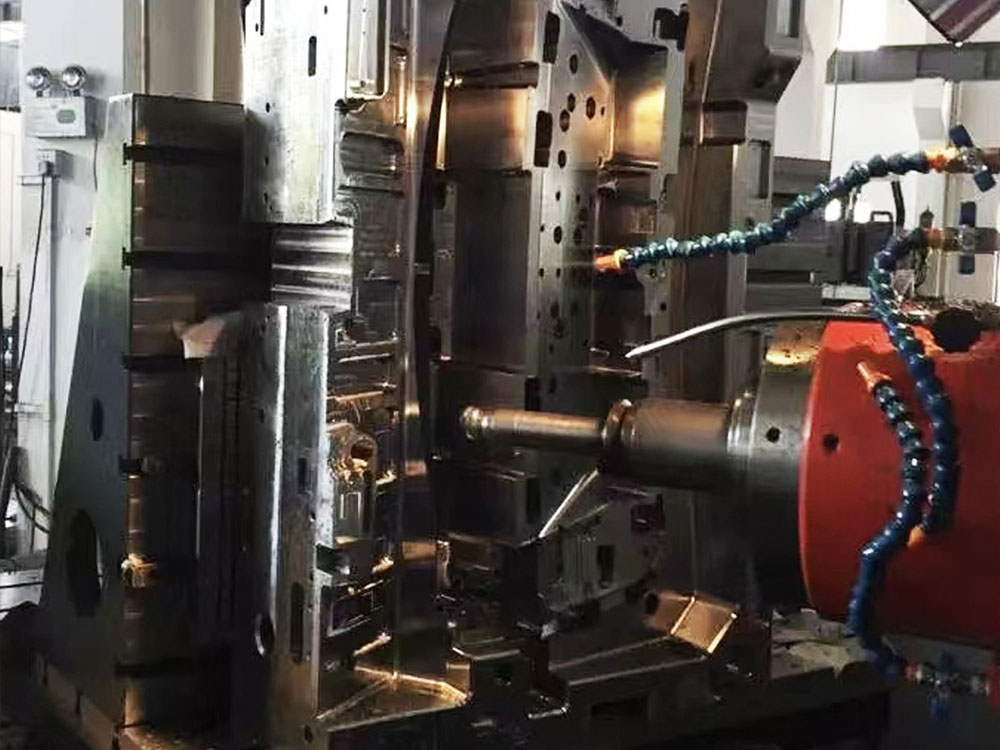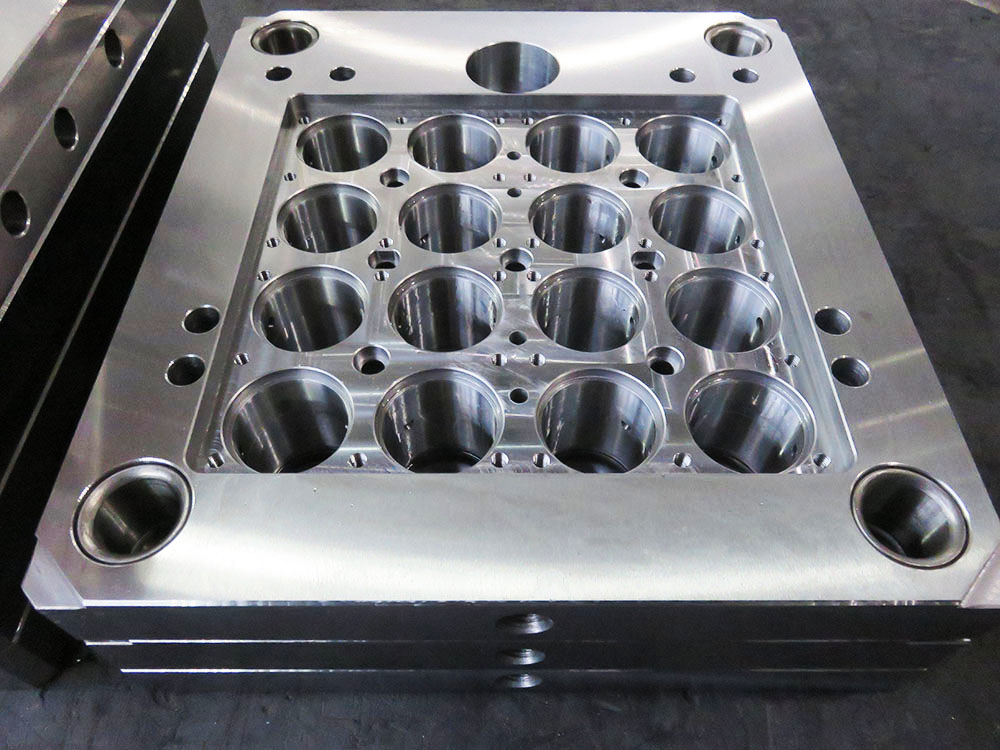The Best Positions in the Mold Base Industry
The mold base industry plays a critical role in the manufacturing sector, supplying the essential foundation for various products. From automotive components to consumer electronics, mold bases provide the necessary infrastructure for creating molds and shaping materials. Within this industry, there are several key positions that professionals can pursue to excel in their careers. This article will explore some of the best positions in the mold base industry and the skills required for success in each role.
Mold Designer
A mold designer is responsible for conceptualizing and creating molds that meet the specific requirements of the clients. They need to have a strong understanding of product design principles, materials, and manufacturing processes. A mold designer uses computer-aided design (CAD) software to create 3D models and conduct simulations to ensure optimal mold performance. They collaborate closely with clients, engineers, and production teams to develop efficient and cost-effective mold designs.
Mold Engineer
A mold engineer works on the technical aspects of mold manufacturing and production. They analyze the mold design specifications and determine the most suitable materials, processes, and techniques for producing the mold base. They oversee the mold fabrication process, making sure that the design is accurately translated into a functional mold. A mold engineer also troubleshoots and resolves any issues that may arise during production, ensuring that the molds meet the required standards of quality and performance.
Mold Machinist
A mold machinist operates and maintains the machinery used in mold manufacturing. They are skilled in operating computer numerical control (CNC) machines, lathes, grinders, and other equipment necessary for shaping and finishing mold bases. A mold machinist interprets the mold design specifications and transforms raw materials into precision components, ensuring dimensional accuracy and surface finish. They also conduct quality checks and make adjustments as needed to meet the required tolerances.
Mold Sales Representative
A mold sales representative acts as a liaison between customers and the mold base manufacturing company. They cultivate relationships with potential clients, understand their needs, and provide tailored solutions. A mold sales representative keeps abreast of the latest industry trends, technologies, and market demands to offer innovative and competitive mold solutions. They negotiate contracts, draft proposals, and manage customer accounts. Strong communication and interpersonal skills, as well as technical knowledge of mold bases, are essential in this role.
Mold Quality Inspector
A mold quality inspector ensures that the manufactured mold bases meet the required standards of quality and performance. They inspect the molds for any defects, dimensional inaccuracies, or structural issues. A mold quality inspector uses precision measuring instruments, such as calipers and coordinate measuring machines (CMM), to verify the conformity of the molds. They document and report any non-conformances and work closely with the production team to implement corrective actions and improvements.
Conclusion
The mold base industry offers a range of exciting and challenging positions for individuals interested in manufacturing and product development. Whether it be mold designing, engineering, machining, sales, or quality inspection, each role plays a crucial part in ensuring the success of the final product. Pursuing a career in the mold base industry requires expertise in specific skills and a passion for innovation and precision. With the right combination of skills and experience, professionals can thrive and contribute to the growth and advancement of this essential industry.




